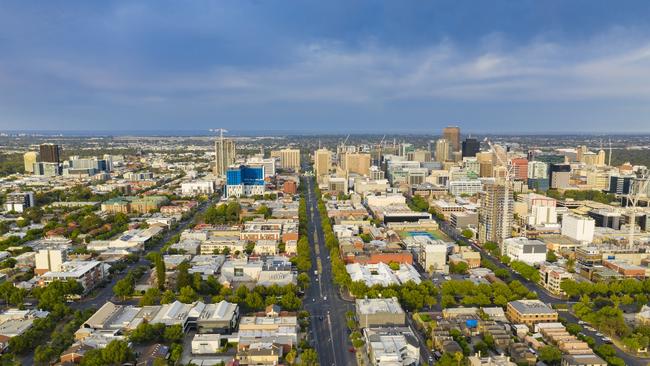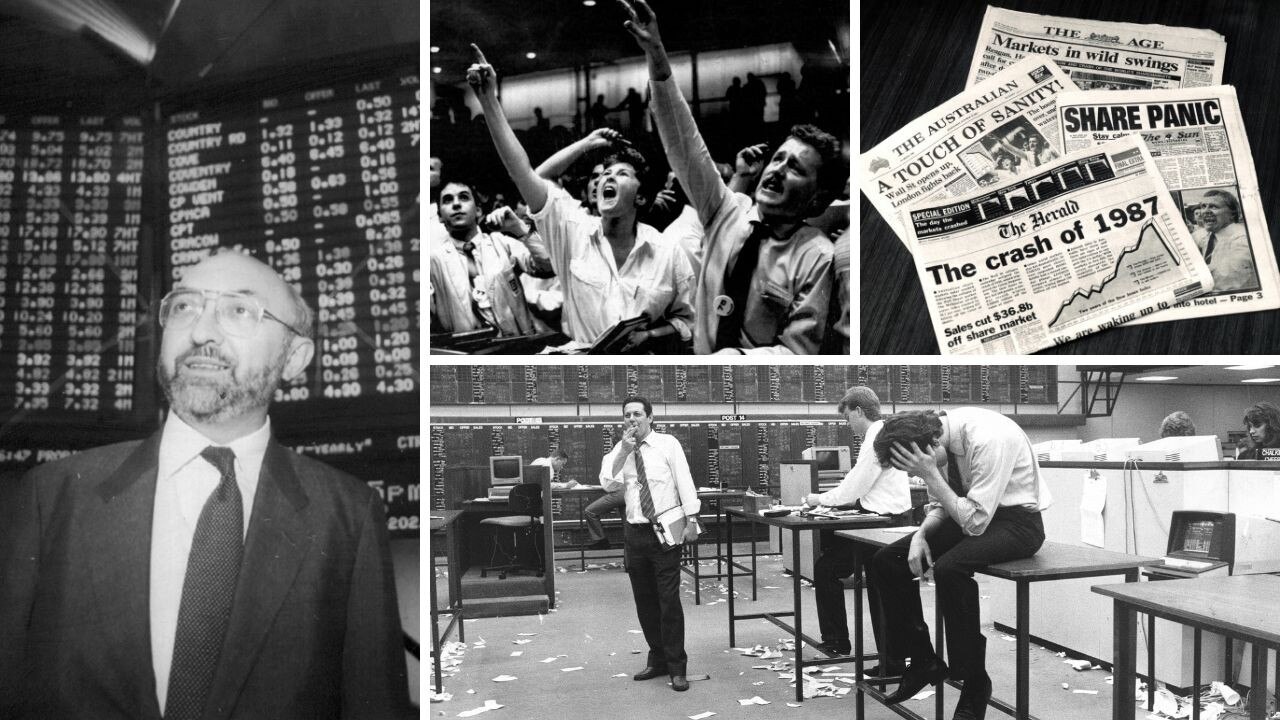What NSW stamp duty tax changes mean for the rest of us: Terry McCrann
NSW is moving to abolish property stamp duty in Tuesday’s budget, but the change is unlikely to impact the rest of the country, writes Terry McCrann.

Terry McCrann
Don't miss out on the headlines from Terry McCrann. Followed categories will be added to My News.
Way back in the 1970s when then-premier Joe Bjelke-Petersen abolished death duties in Queensland he abolished them for the entire country.
No other state dared to keep them — a big chunk of Australia’s population and even more of its wealth would have fled north.
They all followed to abolish their state duties, Labor and Coalition governments alike, and more than 40 years later death duties remain absent in Australia at both the federal and state levels.
At least, that is, for the moment; and although no major party is talking about them, let’s see what happens in the new world of seemingly permanent huge budget deficits and massive state and federal debt.
So, in moving to abolish property stamp duty in NSW in Tuesday’s budget, has that state’s Treasurer, Dominic Perrottet, started a similar process to abolish it for the rest of Australia?
The short and very easy — and definite — answer is a resounding “no” in large part because he hasn’t abolished it for NSW, or even started on the long and uncertain journey towards that (possible) destination.
Furthermore, abolishing stamp duty in one state, unlike the situation with death duties, would not put pressure on others to follow.
You couldn’t (literally) move to NSW to avoid paying stamp duty on a property bought in, say, Victoria, like you threatened to be able to do to avoid death duties by moving to Queensland back in the day.
The so-called move to switch from one-off stamp duty on a property purchase to an annual and permanent property tax, which would also scoop up any land tax, had all the appearances of a “good-to-bad-to-pointless idea at the time”.
Surprisingly though, the budget documents had extraordinary detail on how the switch would work on individual property buyers. But zero on how it would work on the budget itself — not exactly unimportant.
Treasurer Perrottet said NSW would make the (non-existent) tax voluntary. You buy a property, you then chose whether to pay one-off stamp duty upfront, or permanently lock in an annual property tax on that property.
The whole dynamic assumes that, faced with the choice of paying, say, $60,000 upfront in stamp duty or paying a $2000-$3000 annual property tax, people would jump for the latter.
But if they did, the state’s second biggest revenue source — outside the GST — would evaporate overnight. NSW is budgeting to get a (reduced) $7bn from property stamp duty this year but leaping 50 per cent to $10.5bn in 2023-24 when it would become the biggest tax, just pipping payroll tax.
If the tax arrived and everybody who bought a property opted to take the property tax, the $10.5bn would evaporate and be replaced with a revenue stream of perhaps $1bn a year, tops.
Not going to happen. And exactly the same arithmetic and reality applies in every other state.
Yes, over time the switch would benefit state revenues. Stamp duty is only paid when a property is sold; the property tax would not only be every year but forever, and rising every year.
This would make it very similar to the theoretical tax much loved by idiot experts — a tax on the imputed value of your home, that you would also have to pay every year irrespective of your income or your assets.
This is why it is by no means the “reform” that Perrottet — and so many so-called experts — promote it is. That stamp duty is a disincentive to buying and selling; while an annual property tax would be more economically efficient.
Sorry, if you think any government is going to give up $10.5bn of annual revenue and be happy to have it replaced with, say, $1bn — even if that is $1bn (and rising) a year forever — I’ve got a cheap bridge for you to buy which will come autographed by Perrottet.
Furthermore, the theoretical claim that stamp duty leads to inefficiency is highly dubious: just look at the number of property transactions in Melbourne and Sydney every year — all with buyers undeterred.
Indeed, stamp duty has worked brilliantly as a wealth tax. When somebody spends $20m buying a harbourside or Toorak property, $1m-plus pops into the state treasury.
Integrating such a tax with land tax would actually be much, much harder than the detail in the budget suggested.
It would almost certainly open the door for property owners to wake up at some point in the future with a much, much heavier tax bill.
That would be especially, so as we’ve got a “new certainty” — ever-escalating property values — to add to the two long-established ones, thanks to the RBA’s promise of near-permanent near-zero interest rates.
Ah, “death and taxes” and an ever-rising property tax that not even death would terminate.
Originally published as What NSW stamp duty tax changes mean for the rest of us: Terry McCrann



